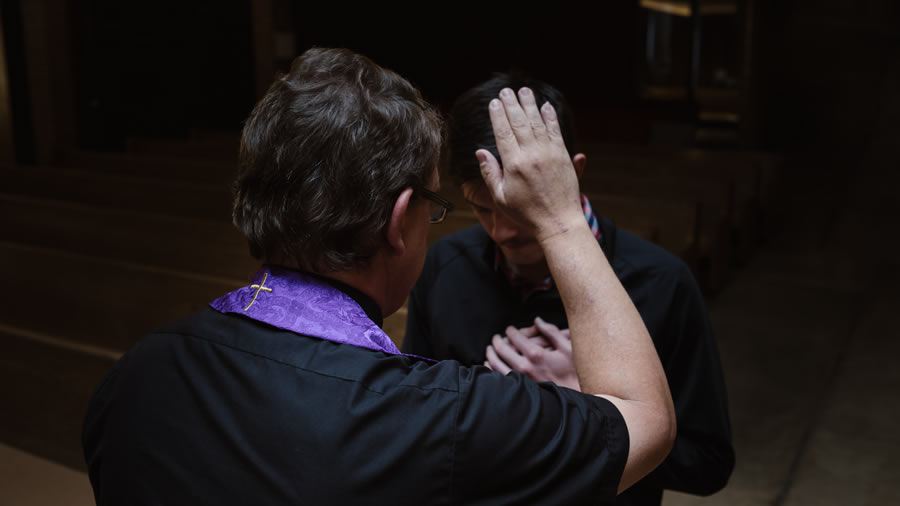
From the Pastor to His People
09-17-2023Weekly ReflectionFr. Bing ColasitoPeter asked the Lord how many times one must forgive a brother who wronged him. Jesus replied seventy times seven or seventy-seven times, in reference to Gen. 4:24 of Lamech wanting to avenge Cain not only sevenfold but seventy-sevenfold (unlimited). If Lamech would never forgive, Jesus said, we must always forgive. The Lord does not limit forgiveness to a fixed number of times, but we must forgive at all times and always. (St. John Chrysostom, In Matthaeums, 61:1)
The parable of the unforgiving servant gives us reasons why we need to receive and give forgiveness because we are all in debt to our God. The magnitude of the mercy of God is best understood when we see the whole picture of the parable. In verse 24, the first servant owed the master amyriōnten thousand talantōn talents, where one (1) talent is 6,000 denarii (a denarius is a day wage). A simple calculation tells you the servant owed the king sixty million denarii, which the king wrote off. The exaggeration in the parable is to convey the truth of the infinite mercy of God. In contrast, the other servant owed the forgiven servant Hekatona hundred dēnaria denarii, a fraction compared to the former. The action of the unforgiving servant pictures the gravity of human ingratitude toward God and our unforgiveness toward one another.
The seventy-seven times actually means every time and always. Because in the dynamics of Divine and human relationship, Our Father does not hold on to His mercy and compassion but extends them knowing our human frailties. With Our Father, it is a dynamic of broken and healed relationships as being lost and found. And much like the story of the Good Shepherd who leaves the ninety-nine sheep in search of the one lost sheep. When he finds the missing sheep, He gently carries him on His shoulder and returns him to the fold. By nature, the sheep need constant vigilance (with the help of sheep dogs) lest they stray away and get lost or attacked by wild animals. A lost sheep is a common occurrence, so the shepherd must look for them every time and always: Not seven times, but seventy-seven times.
From my experience as a lost sheep and as a priest who forgives in His name, I know the unlimited mercy and compassion of the Good Shepherd. Yes! I know the frustrations of many who come to the sacrament of Reconciliation confessing the same sins, determined each time to conquer their demons. The Lord never abandons us when we are lost but searches and forgives us, every time we fall on our knees to seek His forgiveness in Confessions. If we take the seventy-seven times as the model, we all need to take to heart the call to pray without ceasing the Jesus Prayer. The prayer reminds us of how sin prone we are and how much we fail. Lord: Jesus Christ, Son of God, have mercy on us, sinners. If you ask any priest: How often must they forgive those who come for confession? Every time and always.
In a cemetery in New York, a tombstone had an engraving of FORGIVEN: There was no date of birth, no date of death, and no epitaph. According to the print news, inscribes are only the name and the word FORGIVEN. A simple reflection will remind us, in the end, the most important or the thing that matters, we receive forgiveness. Who we are, what we have accomplished, and what we have acquired are inconsequential when we face our Heavenly Father. What really matters is when we leave this earthly body, we are in God’s mercy and love.
Lord, we know that humility is the key to forgiveness. Please teach us how to forgive, much as you have forgiven us. Have mercy on us, Oh Father, for we are sinners.
BACK TO LIST